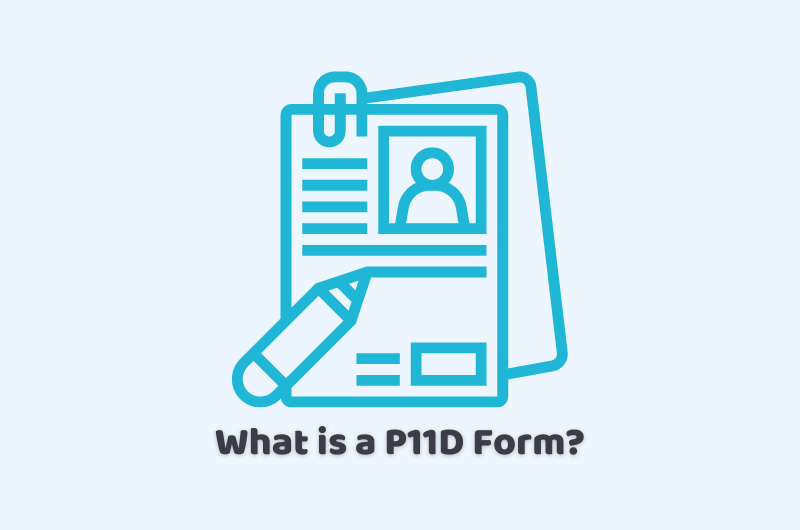14/07/2023tax , Tax News and Tips , Tax Saving Tips , Taxation
If you are the one who aims to take a closer glance into the details of the p11d form which includes the basic discussion on what is the P11D form, who needs to file this form, when is the right time to file, what must be the part of form P11D, and what are the …
Read more
